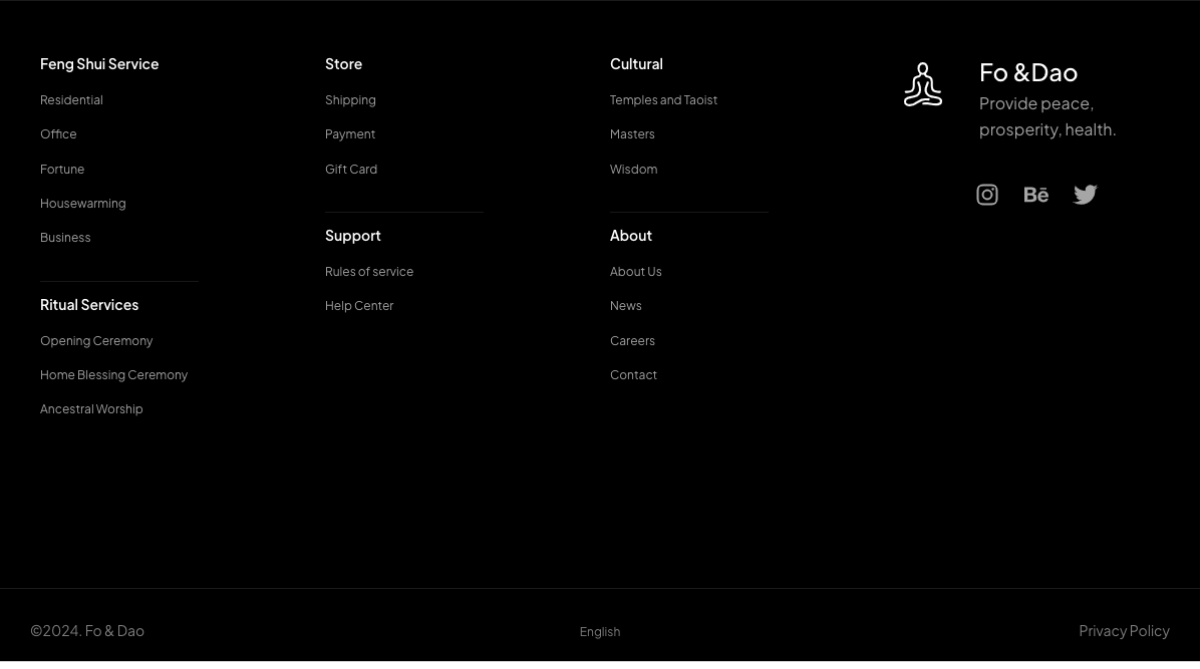In recent years, educational institutions have seen a growing need for reliable and efficient examination processes. With the surge in online learning and remote assessments, the implementation of AI-driven exam monitoring systems has become increasingly critical to maintain academic integrity. This article explores the latest trends in AI-driven exam monitoring, particularly focusing on deep learning pre-trained models and the revolutionary capabilities of LLaMA 2.
The education sector has been pushed to adapt and innovate rapidly, especially since the onset of the COVID-19 pandemic. Traditional examination methods faced significant challenges with students learning remotely. Institutions sought ethical and effective solutions to prevent cheating, ensuring a fair evaluation for all students. This need led to the emergence of AI-driven exam monitoring, which employs sophisticated technologies to monitor and evaluate student behavior during assessments effectively.
AI-driven exam monitoring utilizes deep learning pre-trained models to analyze video feeds from students during examinations. These models can recognize various cues and patterns, including facial expressions, eye movements, and overall behavior. By conducting real-time assessments, educational institutions can detect suspicious behaviors indicative of cheating—such as looking away from the screen or having multiple people present in the examination environment.
The use of deep learning in AI exam monitoring allows systems to learn from vast datasets. Pre-trained models, such as convolutional neural networks (CNNs) and recurrent neural networks (RNNs), have been successfully adapted for the specific needs of exam monitoring. These models offer advantages in terms of accuracy and efficiency since they are already trained on diverse datasets, enabling them to recognize patterns and anomalies within student behavior effectively.
One of the most significant developments in AI-driven exam monitoring is the application of the LLaMA 2 model, developed by Meta AI. LLaMA, short for Large Language Model Meta AI, is designed to support a range of natural language processing tasks. However, its potential extends beyond text processing; LLaMA 2 can be integrated with visual recognition systems to enhance the monitoring capabilities during exams.
LLaMA 2 provides contextual understanding of text-based prompts, enabling it to assist in interpreting the intentions and states of a student during remote assessments. Leveraging its natural language understanding, LLaMA 2 can analyze commands and behaviors expressed through chat options in online exam platforms, giving it the ability to respond dynamically to potential infractions. The integration of such language models can help create a more interactive and responsive monitoring environment, enhancing traditional video surveillance methods.
Furthermore, the ethical considerations of AI-driven exam monitoring must be discussed. While the implementation of AI technologies can greatly enhance monitoring efficiency, they also raise concerns about privacy and the security of sensitive student data. Educational institutions must ensure that these systems operate transparently, allowing students to understand how their data is being used. Implementing robust consent mechanisms and data anonymization techniques will allow institutions to uphold academic integrity while respecting students’ privacy rights.
As AI-driven exam monitoring continues to expand, it is crucial for educational institutions to remain aware of emerging trends and technologies. Collaboration between technology developers and educational institutions can foster the creation of tailored solutions that meet the diverse needs of students and educators alike.
Moreover, ongoing research in AI is likely to yield even more sophisticated deep learning pre-trained models that enhance monitoring capabilities. The future of AI in exam monitoring will depend on balancing technology with human oversight. As intelligent systems take on more significant roles, human evaluators must remain involved to contextualize findings and foster an environment of trust and respect.
The adoption of AI-driven exam monitoring can be seen across various educational applications. From high school assessments to university-level exams, institutions are increasingly utilizing this technology to ensure fairness and integrity. Companies offering AI exam monitoring solutions have witnessed rapid growth and investment, prompting further research into the efficacy and accuracy of these systems.
Implementing AI-based solutions has also proven to be beneficial in terms of resource optimization for educational institutions. By automating the monitoring process, human resources can be redirected to more impactful tasks—like providing personalized academic support to students. AI can streamline inefficiencies, fostering a more productive learning environment.
However, while AI-driven monitoring presents exciting opportunities, it is essential to address the limitations. The accuracy of AI models relies on the quality of the data used for training. Overlooking diverse datasets can result in biases that may disproportionately affect certain groups of students. Continuous efforts must be made to ensure these systems are inclusive, fair, and devoid of prejudice.
To mitigate the risks associated with AI-driven technologies in exam monitoring, institutions should implement clear guidelines and provide training for staff and students. Transparency is key—students must be informed about the mechanisms of monitoring, including how data is collected, used, and stored. Establishing a feedback loop for students to voice concerns can strengthen trust in these systems.
In conclusion, AI-driven exam monitoring represents a significant evolution in the educational assessment landscape. By harnessing the power of deep learning pre-trained models and innovative systems like LLaMA 2, institutions can enhance the integrity of examinations while ensuring student privacy. As the educational sector continues to embrace AI, a proactive and balanced approach is essential to navigate the challenges and benefits that come with these technologies. Future advancements in AI hold the promise of further enhancing the monitoring capabilities, inviting a new era of trust and efficiency in educational assessments.
As we look ahead, it’s evident that the convergence of AI, deep learning, and exam monitoring will only grow more influential. Innovations must prioritize inclusivity, fairness, and transparency, all while harnessing the unmatched potential that technology can offer to education. The next steps for institutions will involve an active commitment to ethical AI practices and a willingness to adapt in an ever-evolving educational environment. Together, these efforts will shape the future of assessments, paving the way for a more equitable and reliable educational experience.
**AI-Driven Exam Monitoring: Reinventing Educational Assessments with Deep Learning and LLaMA 2**
